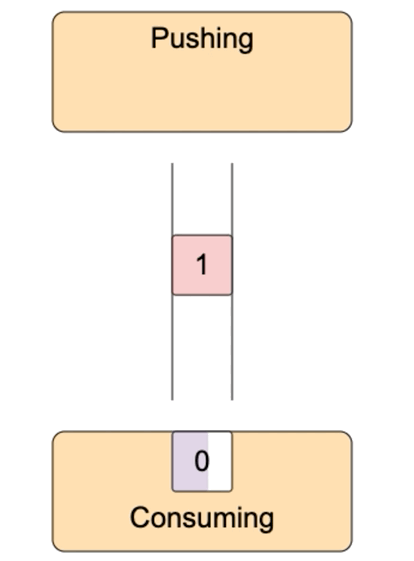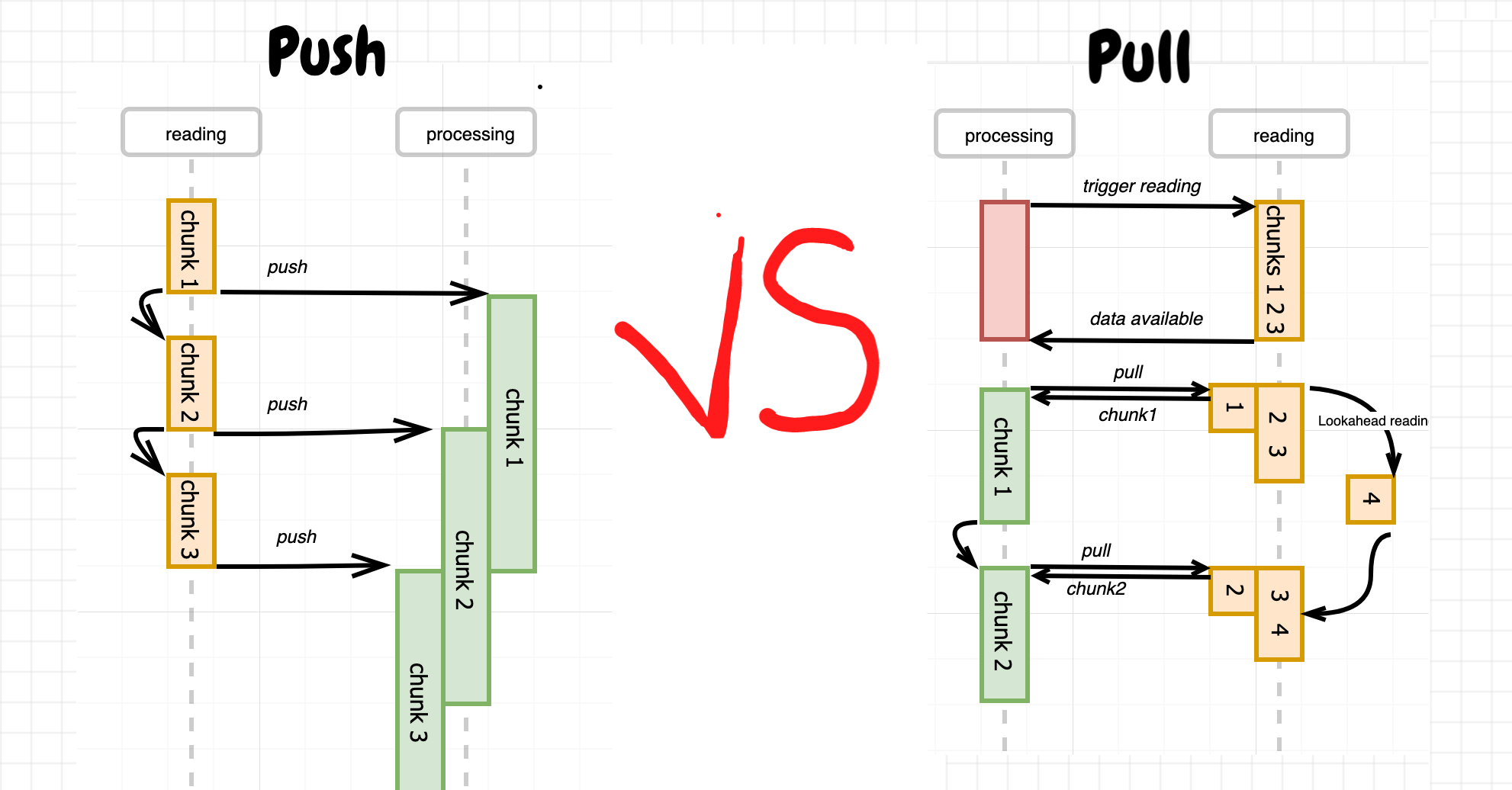Explaining event loop in 100 lines of code
There is plenty of articles out there about the event loop. However, as a software engineer, I prefer to read code, not text. And there is no better way of learning a new concept than implementing it yourself. So, let's try to grasp the idea of the event loop by coding a new and shiny one.
In the article, I'll try to describe the idea of the event loop in general, not a specific implementation of the event loop in Node.js or Python, or some other language/library.




